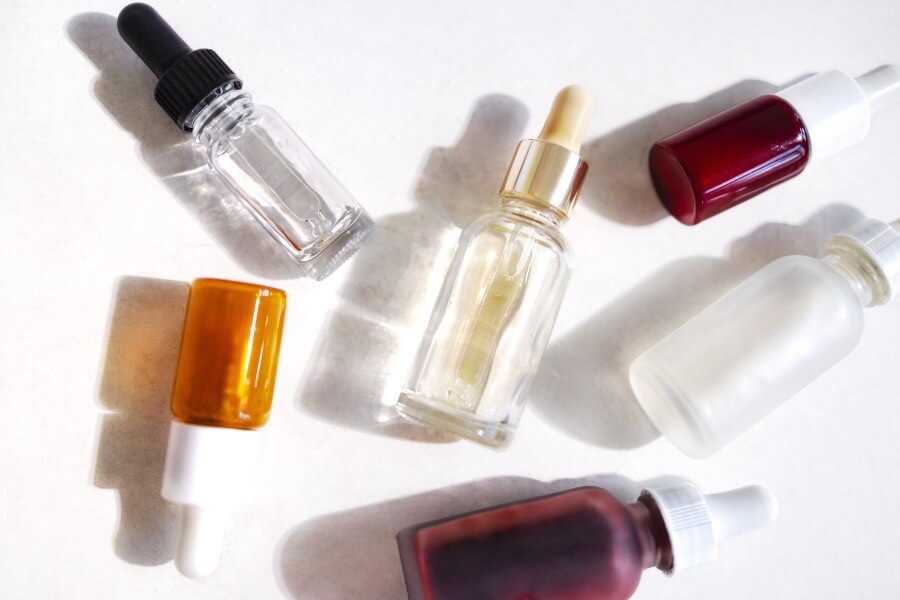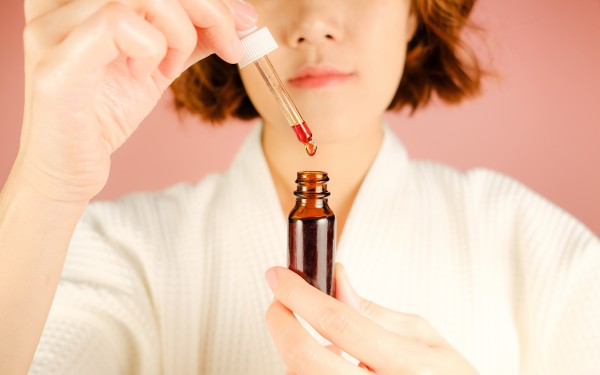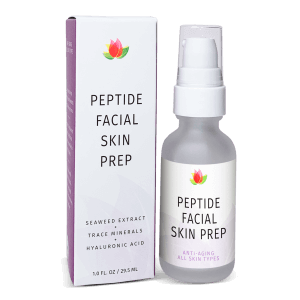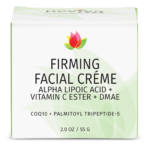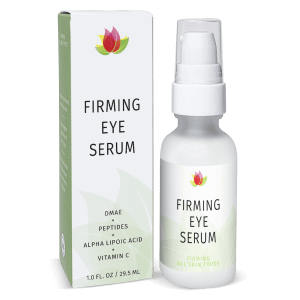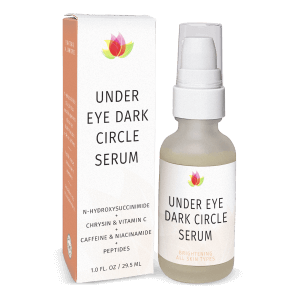Ingredients, Reviva Labs, Skin Care
Are peptides for skincare just a phase?
Skincare has always been a dynamic field, constantly evolving with the introduction of new ingredients and technologies. One such development in recent years is the use of peptides. These small chains of amino acids are not a new discovery in the scientific world, but their application in skincare is relatively recent. Peptides are thought to signal the skin to produce more collagen, making them a sought-after ingredient in anti-aging products.
Understanding Peptides and Their Role
Before delving into whether peptides are just a phase, it’s crucial to understand what they are and how they work. Peptides are fragments of proteins, which are essential for the skin’s health and resilience. When applied topically, peptides can penetrate the outer layer of the skin, offering various benefits, such as improving skin texture, reducing the appearance of fine lines, and enhancing elasticity.
The Science Behind Peptides
The enthusiasm surrounding peptides is not without scientific backing. Research indicates that certain peptides can stimulate collagen production, which decreases with age. Collagen is a vital component for maintaining the skin’s youthful appearance. By promoting collagen synthesis, peptides can potentially reverse some signs of aging.
The Different Types of Peptides
Not all peptides are created equal. There are various types, each with specific functions. For instance, signal peptides send messages to different parts of the skin to promote collagen, elastin, and other proteins. Carrier peptides deliver trace minerals to the skin to boost collagen, and enzyme inhibitor peptides work to slow down the skin’s natural breakdown of collagen.
The Growing Popularity of Peptides
Peptides have gained significant attention in the skincare industry, with many brands incorporating them into their products. This popularity stems from their perceived benefits and the growing demand for ingredients that target aging concerns. Consumers are increasingly looking for products that offer more than just superficial results, seeking ingredients that can make a tangible difference in their skin’s health and appearance.
Evaluating the Efficacy of Peptide-Based Skincare
While peptides show promise, it’s important to approach them with realistic expectations. Skincare is highly individualistic, and what works for one person may not work for another. Additionally, the effectiveness of peptides can depend on various factors, such as their concentration in a product and their ability to penetrate the skin.
Long-Term Prospects of Peptide Use in Skincare
To determine whether peptides are just a passing trend, one must consider the trajectory of skincare innovations. Ingredients that have shown consistent results and have a sound scientific basis tend to stay relevant in the industry. Peptides have the backing of scientific research, but their long-term place in skincare will depend on ongoing studies and consumer experiences.
The Future of Skincare Innovations
The skincare industry is always on the lookout for the next big thing. While peptides are currently in the spotlight, it’s likely that new ingredients and technologies will emerge. However, this does not diminish the potential value of peptides. Instead, it highlights the industry’s constant evolution and commitment to finding the best solutions for skin health.
The Role of Consumer Awareness and Education
As with any skincare trend, consumer awareness and education are key. It’s important for consumers to understand what peptides are, how they work, and what they can realistically expect from peptide-based products. This knowledge allows them to make informed decisions and choose products that align with their skincare goals.
Peptides Are Here to Stay
Peptides have significantly influenced the skincare industry, presenting a hopeful strategy for tackling signs of aging. Empirical and recent scientific findings suggest that peptides will maintain a deserved presence in the skincare domain. As ongoing research and consumer feedback accumulate, it’s highly probable that they will solidify their position as a key component in achieving healthy and youthful-looking skin.



